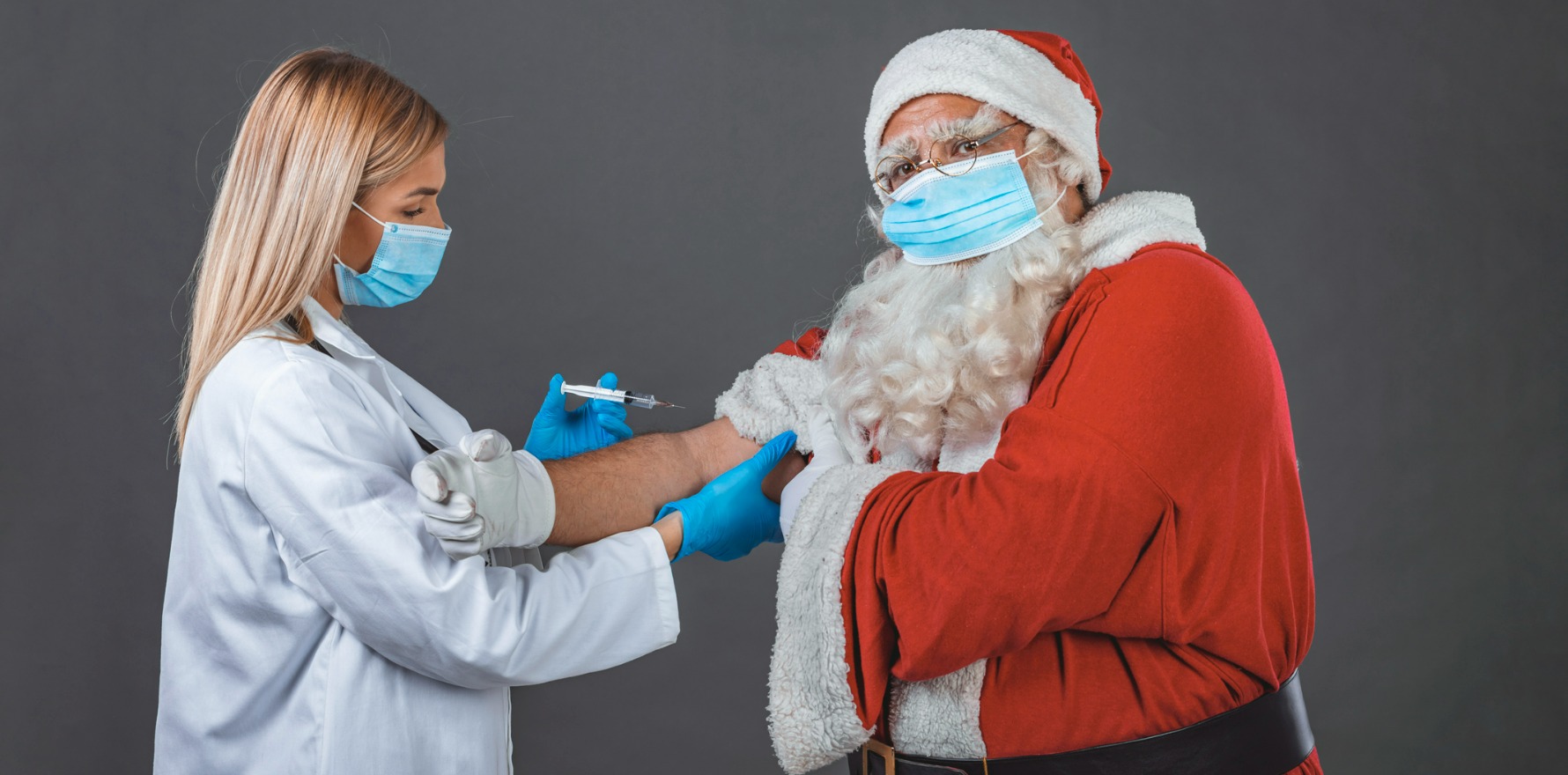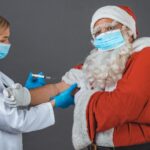Case numbers in both states are back in the four digits but it’s time for ‘personal responsibility’ to take the place of regulations.
Unvaccinated people in Australia’s two most populous states will now be allowed into retail stores, weddings and funerals, as requirements for proving vaccination status are removed for some settings.
Both states recorded more than 1300 new cases of covid-19 today.
Victoria again recorded the highest number of new cases in the country, but NSW saw a dramatic jump in the number of new infections, reaching a three-month high.
NSW Health Minister Brad Hazzard said the virus reproduction rate in the state is expected to exceed 1.5 in the near future, meaning daily case numbers will double every two to three days.
But with the percentage of over-16s who have been double-vaccinated exceeding 90% in both states, restrictions for the unvaccinated have been eased slightly.
Rules are slightly different between the two states, with many more restrictions still in place in Victoria.
Victoria
From today, unvaccinated Victorians will be able to access all non-essential retail besides hair and beauty, view real estate and enter places of worship.
Masks remain compulsory for retail and real estate, but not for weddings, funerals or “ceremonial settings”.
Elective surgeries in some rural and regional hospitals will be stepped back up to 75% of normal activity.
People under 18 will no longer have to show their vaccination status at hospitality venues, and workplace exposure sites no longer have to be deep cleaned.
“Mounting international evidence is that the coronavirus is overwhelmingly an airborne or droplet-borne disease and the likelihood of becoming infected from touching a surface is increasingly seen as a low risk,” Victorian Health Minister Martin Foley said.
New South Wales
Unvaccinated people in NSW – who have been kept almost entirely out of circulation since the state’s lockdown began – now have virtually the same freedoms as people who have been vaccinated.
From today, masks are only required on public transport or planes, at an airport and for unvaccinated front-of-house hospitality staff.
Chief Health Officer Dr Kerry Chant urged for the continued use of masks in all indoor environments, despite the change in rules.
“I’m providing the public health advice, which is that masks are an effective mitigant, whether it is Omicron, Delta or the next variant,” she said, responding to a question on why the requirements were being lifted.
“We’re asking people to take personal responsibility, and that’s a matter for the government in setting those mandates.
“From a public health position I’m strongly recommending we keep masks in the community.”
QR code check-ins are set to become a rarity as well, and will now only be required for certain settings, including gyms, places of worship, hospitals, pubs, nightclubs and indoor music festivals of more than 1000 people.
All venue capacity restrictions have also been lifted.
Boosters
Dr Chant also pleaded with the public to book in for booster shots at the revised five-month mark.
“I’d recommend that instead of Christmas shopping, everyone shops for a covid booster online or reaches out to their partner to make them an appointment to go for a covid shot,” she said.
“That is the best, most exciting gift you can give.”
Despite Dr Chant’s enthusiasm, Monday’s change to a five-month booster window has left many clinics and pharmacies scrambling to secure more doses.
AMA President Dr Omar Khorshid said that the current level of funding was making the job even more difficult.
“The Commonwealth has cut vaccination funding for GPs delivering boosters. This is making it very difficult for GPs to run clinics at the volume and scale required, including running extra vaccination clinics or extra sessions,” he said.
Dr Khorshid had a warning for the federal government.
“Unless primary care is supported, the booster program will fall further behind, and millions of Australians will be put at greater risk of the significant complications associated with covid,” he said.
“The return of stringent public health restrictions will once again be inevitable.”






